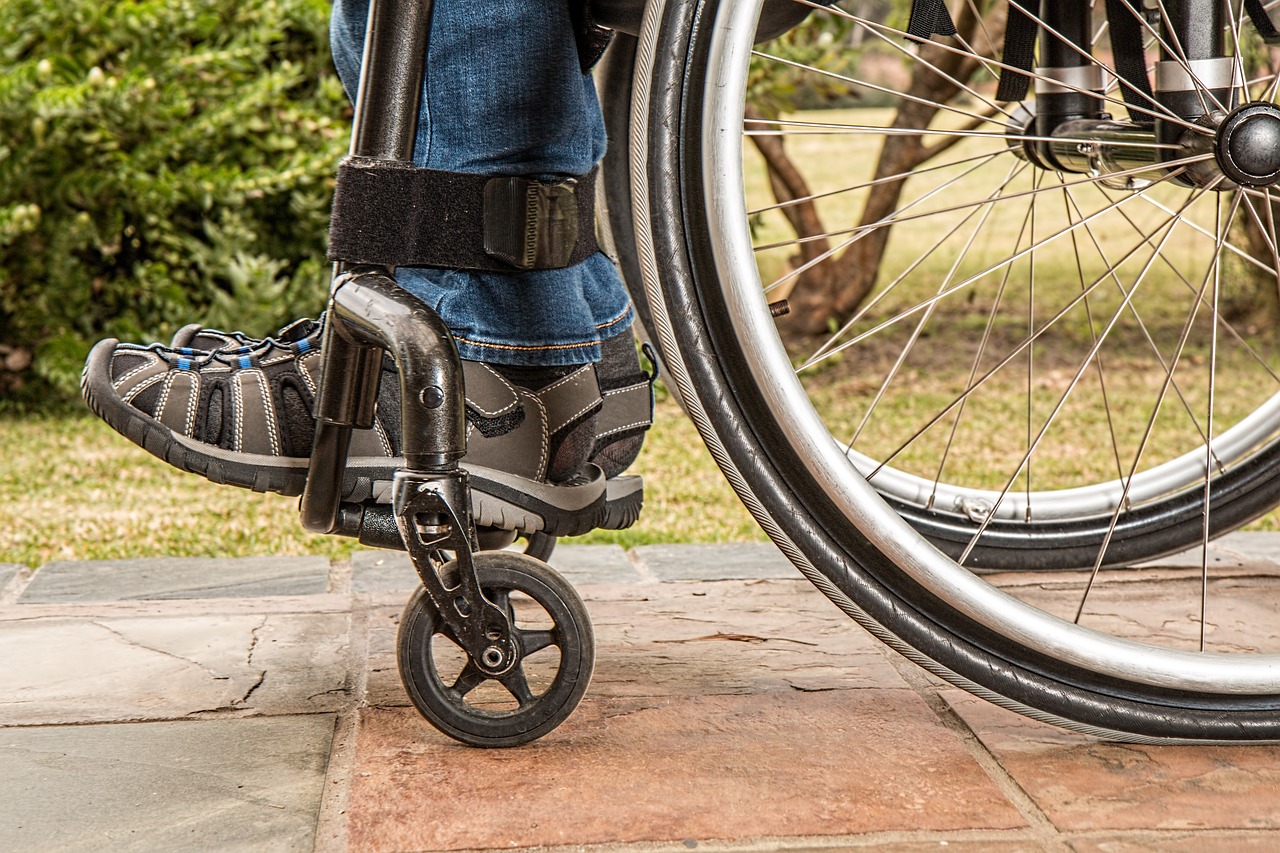The Role of Exercise in Mental Health: From Neurobiology to Behavior Change
Regular physical exercise has been shown to have a profound impact on the brain’s chemistry. When we engage in activities like running, swimming, or weightlifting, our bodies release endorphins, often referred to as the “feel-good” hormones. These endorphins interact with receptors in the brain to reduce our perception of pain and trigger positive feelings, leading to what is commonly known as the “runner’s high.”
Furthermore, exercise has been found to increase the production of neurotransmitters like dopamine and serotonin, which play crucial roles in regulating mood and overall sense of well-being. By boosting these neurotransmitters, physical activity can help alleviate symptoms of anxiety, depression, and stress. The combination of heightened endorphin levels and enhanced neurotransmitter activity contributes to the mental clarity and improved cognitive function that many individuals experience after a good workout.
The Connection Between Physical Activity and Stress Reduction
Engaging in regular physical activity has been found to be a highly effective way to reduce stress levels. Exercise triggers the release of endorphins, which are neurotransmitters in the brain that act as natural painkillers and mood elevators. This flood of endorphins during and after exercise leaves individuals feeling less anxious and more relaxed.
Moreover, physical activity helps to decrease the production of cortisol, the stress hormone. Studies have shown that regular exercise can lower the overall levels of cortisol in the body, reducing the negative impacts of chronic stress. By incorporating exercise into their daily routine, individuals can effectively manage and alleviate stress, leading to improved overall well-being and mental health.
How does exercise impact brain chemistry?
Exercise increases the production of endorphins, which are chemicals in the brain that act as natural painkillers and mood elevators. This can help reduce stress and improve overall mental well-being.
What types of physical activity are most effective for stress reduction?
Any form of exercise that gets your heart rate up and causes you to break a sweat can be beneficial for stress reduction. This could include activities like running, cycling, swimming, or even brisk walking.
How much exercise is necessary to experience stress reduction benefits?
The amount of exercise needed to reduce stress can vary from person to person. However, experts recommend getting at least 30 minutes of moderate-intensity exercise most days of the week to see the mental health benefits.
Can physical activity help with chronic stress?
Yes, regular exercise can help with chronic stress by promoting relaxation and reducing the overall levels of stress hormones in the body. It can also improve sleep quality, which is often disturbed by chronic stress.
Are there any other benefits of regular physical activity besides stress reduction?
Yes, regular physical activity has numerous benefits for overall health, including improved cardiovascular health, weight management, increased energy levels, and improved mood.







